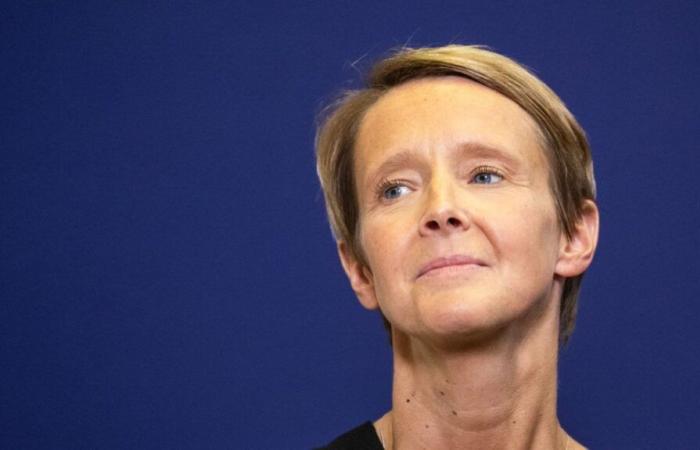For the representatives of the employees of the magazine, published since 1970, it is “astoundment”. They believe that this decision will “considerably weaken independent expert information serving consumers”.
Published on 18/11/2024 20:04
Updated on 18/11/2024 20:29
Reading time: 2min

The magazine employs around fifty people. The State announced, Monday, November 18, that it wanted “find a buyer” pour 60 Million consumerspublished by the National Institute of Consumption (INC) since 1970. The objective is to “to provide the magazine with new resources and expertise, which will enable it to attract new readers”, said the office of the Secretary of State for Consumer Affairs, Laurence Garnier. For the moment, no buyer has been identified.
“The sustainability of the title requires a professional buyer and expert in the sector, capable in particular of investing in digital and driving a new marketing and commercial strategy”adds Laurence Garnier’s office. He observes that the magazine meets “for several years” of the “major difficulties”with the number of subscribers increasing from 140,000 in 2019 to 76,000 in 2024, and “a persistent deficit for seven years, which has exhausted its cash flow”.
A significant point, in a context of seeking savings for the State, “this change in the status of the magazine will also contribute to optimizing the use of public funds”. A parliamentary report in 2022 already mentioned a “gradual reduction in the amount of subsidies” to the INC between 2012 and 2020, increased from 6.3 million euros to 2.7 million euros.
For employee representatives, this is the “astoundation”. At the beginning of November, they called on the Prime Minister to continue on the path chosen by the government led by Gabriel Attal, that of a “INC rebound scenario” via a “financial contribution from the State to the tune of 3.2 million euros”. Monday's announcement “is disastrous because it will considerably weaken independent expert information serving consumers, leaving more room for sponsored monologues from influencers and fake news on consumer issues”worry the employee representatives, regretting that “the public interest is rarely financially profitable”.








